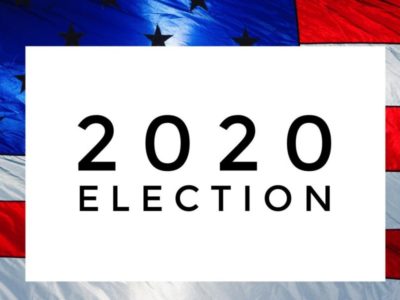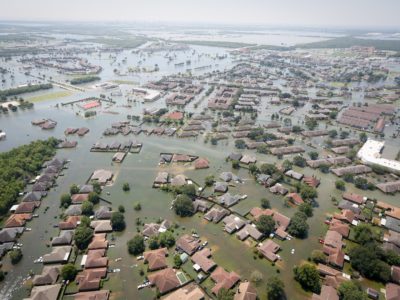climate change and Congress
“Major Questions” for Texas (and for the Environment)
Defending clean car regulations and tracking judicial decision-making
Last June, the Supreme Court formally unveiled the “major questions” doctrine in the landmark environmental case West Virginia v. EPA. In rejecting EPA’s plan to regulate greenhouse gas emissions from existing power plants under Section 111(d) of the Clean Air Act, the Court stated that “agency decisions of vast economic and political significance” (i.e., those …
Continue reading ““Major Questions” for Texas (and for the Environment)”
CONTINUE READINGWhat Do the Candidates’ Climate Proposals Tell Us?
There is a big disconnect between climate proposals and political reality.
Some people were upset because there wasn’t a question about climate change at the last Democratic debate. Admittedly, that’s a lost opportunity to highlight the importance of the issue. But the significance of the candidates’ various positions on climate change is limited. Let me start with what they don’t tell us. The main thing they …
Continue reading “What Do the Candidates’ Climate Proposals Tell Us?”
CONTINUE READINGI’ll Just Be Over Here In My Fallout Shelter
The Green New Deal may be ambitious, but it’s not alarmist.
It would be impossible to react to every piece of misinformation or poor reporting about climate change—let alone every misguided opinion editorial—that lives online today, but Bret Stephens’ February 15 piece in the New York Times strikes me as warranting a response. That’s not because of the clickbait title (“Is Nancy Pelosi A Climate Skeptic?” …
Continue reading “I’ll Just Be Over Here In My Fallout Shelter”
CONTINUE READINGAnd You Wonder Why People Don’t Respect Lobbyists?
A cap-and-trade bill was defeated in Australia yesterday. As the New Republic points out (here), it’s not clear that this is anything more than a temporary setback. An interesting sidelight, however, concerns the sources of the opposition — some of which are U.S.-based: Incidentally, one of the largest, most influential opponents of the Australian bill …
Continue reading “And You Wonder Why People Don’t Respect Lobbyists?”
CONTINUE READINGShifting the Regulatory Status Quo: The Case of Climate Change
A basic insight of positive political theory is that the existence of veto points makes it possible for an agenda setter to substantially influence political outcomes. Essentially, an outcome is viable so long as it satisfies a basic condition: it must be closer than the status quoto to the optimum outcome for at least one …
Continue reading “Shifting the Regulatory Status Quo: The Case of Climate Change”
CONTINUE READING





